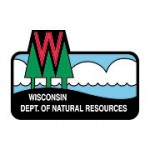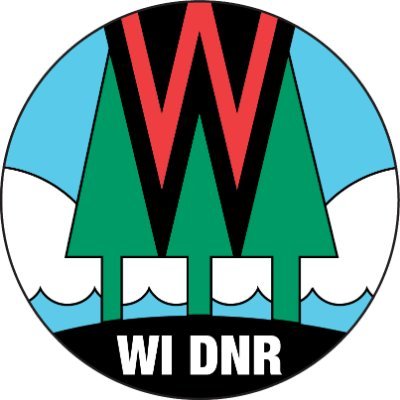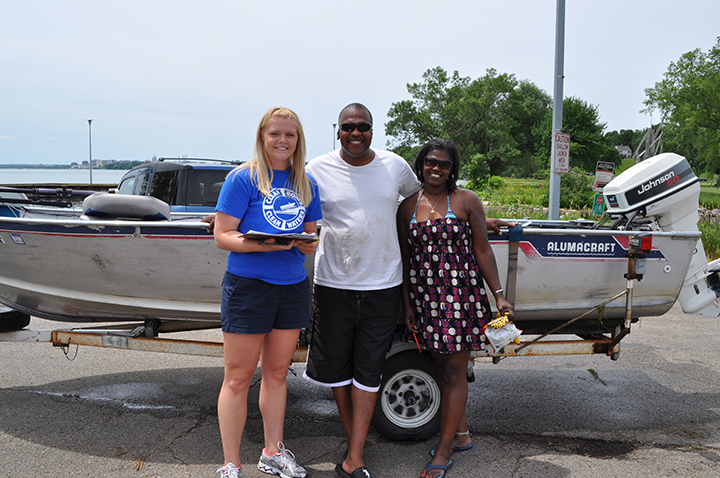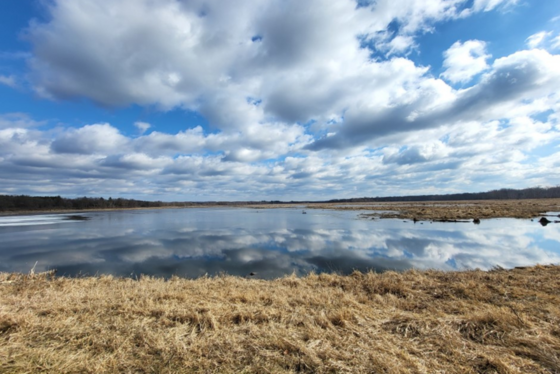Waterfowl Hunters: Help Stop The Spread Of Aquatic Invasive Species
MADISON, Wis. – During the 2020 migratory bird season, the Wisconsin Department of Natural Resources (DNR) would like to remind waterfowl hunters to help prevent the spread of aquatic invasive species (AIS) in hunting areas and adjacent waters.
For example, mud can hide seeds, the bulbils of starry stonewort and the eggs or larvae of tiny invaders like spiny water fleas. The faucet snail, which carries intestinal flukes that can kill ducks if they consume them, is also of particular concern to hunters.
Luckily, just a few minutes of preventative action can protect our hunting tradition for generations to come. Before launching into and leaving a water body, hunters should:
- Inspect waders, boats, trailers, motors and hunting equipment, including boots, blinds and dogs.
- Remove all plants, animals and mud to the best of their ability.
- Drain all water from decoys, boats, motors, livewells and other hunting equipment.
- Never move plants or live fish away from a water body.
Additionally, waterfowl hunters should remove all seed heads and roots when using vegetation for duck blinds. It is important to note that it is illegal to use phragmites in counties where the plant is listed as prohibited by NR40. In general, these counties include the western half of Wisconsin.
To aid in AIS education, outreach modeled after the successful Clean Boats, Clean Waters (CBCW) program is targeting lake, river and wetland hunting access points for the fifth consecutive year. Although more limited this year, boat inspectors and educators are conducting a hunting version of the CBCW survey and talking to hunters about specific aspects of duck hunting that risk moving aquatic invasive species.
Members of Wisconsin’s AIS Partnership, including DNR staff, may also be available to provide presentations and other outreach for hunt clubs and other organizations virtually. They can also answer specific questions about AIS in your preferred hunting region.
For more information on aquatic invasive species, including where they are prohibited and restricted in Wisconsin, visit the DNR’s website.
NOTE: This press release was submitted to Urban Milwaukee and was not written by an Urban Milwaukee writer. While it is believed to be reliable, Urban Milwaukee does not guarantee its accuracy or completeness.
Mentioned in This Press Release
Recent Press Releases by Wisconsin Department of Natural Resources
Help Stop The Spread Of Aquatic Invasive Species
Jun 25th, 2025 by Wisconsin Department of Natural ResourcesGreat Lakes Landing Blitz, June 30 – July 13





















